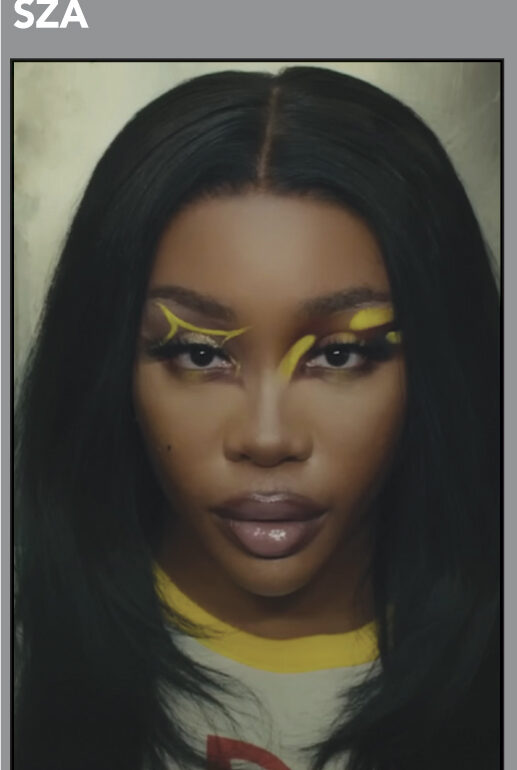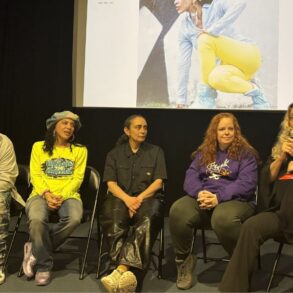TROPHY TALK: This year’s Grammy nominations were an improvement over recent years—particularly in their foregrounding of the women who’ve been running the table in the pop world. TDE/RCA’s SZA capped a colossal year by leading the pack with nine noms, including Album, Record and Song. Columbia’s Miley Cyrus, whose “Flowers” was the biggest song in the world and remains a streaming stalwart, collected six. Republic’s queen of all media, Taylor Swift, also earned six (for her huge Midnights set and long-streaming giant “Anti-Hero,” though it seems she’s released about 600 projects since then), as did alternative-pop trio boygenius, whose performance on SNL just after the noms dropped was a compelling coming-out party.
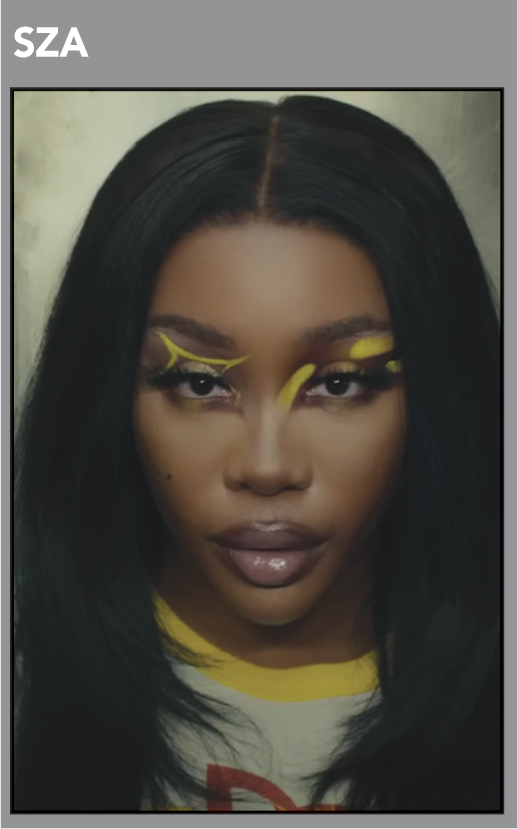

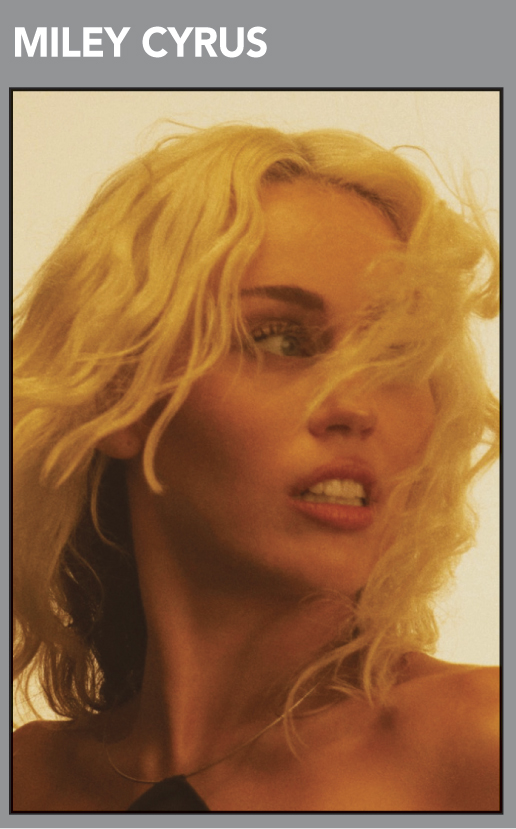

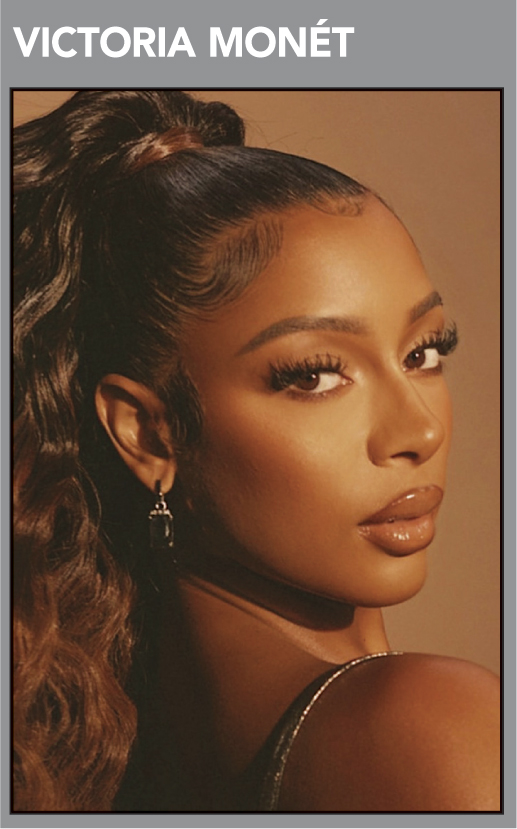
IGA’s showing among the top-tier noms was especially notable; they’ve got half of the acts in the Big 3, including Geffen’s Olivia Rodrigo, Interscope’s Billie Eilish, Lana Del Rey and boygenius and Verve’s Jon Batiste. The signing contest for the latter, incidentally, was intensely competitive, and their success suggests that pop-flavored rock may be ripe for a comeback and could have some real momentum. John Janick and company also have Gracie Abrams, a contender for Best New Artist. Janick’s A&R/development vision is on full display in the label’s haul.
RCA, too, fared superbly. In addition to SZA’s windfall—for which TDE chief Top Dawg is also largely responsible—hit songwriter-turned-artist Victoria Monét got a great look. Peter Edge and team have been particularly adept in developing female artists over the last decade. Monét, an ace songwriter who’s penned hits for Ariana Grande, among others, is beloved in the writer-producer community and could be a threat in any category, especially Best New Artist. We’re told Keith Naftaly gets big kudos for this project. Doja Cat, who scored in the Pop and Rap categories, has become an enormous star over the last few years. The recent huge success by Tate McRae, meanwhile, underscores the label’s power alley. Her single “greedy” sits at #1 at Spotify global as of this writing and is Top 5 at radio, and she is proceeding to the next level as a live act. Edge’s fabulous run with female acts arguably began with Alicia Keys; the crown Clive Davis left at RCA fits nicely on his head. The label also fared quite well on the male-artist side with Tyler Childers (five noms) and Foo Fighters (three).
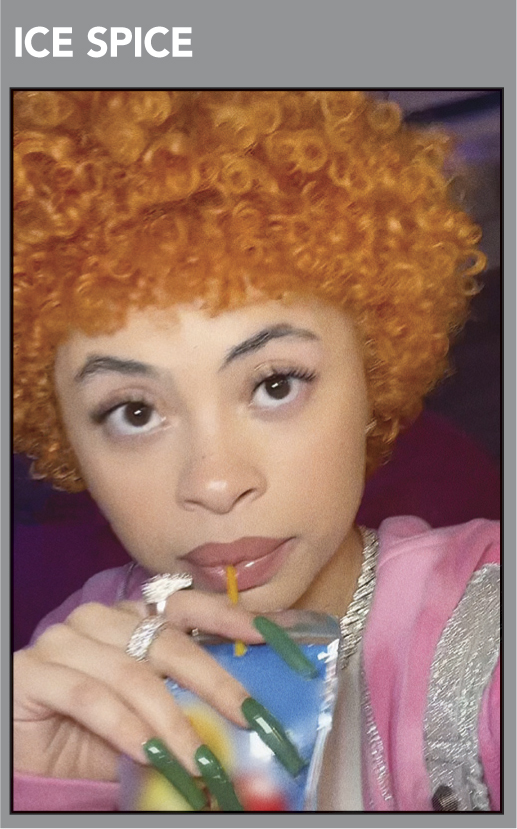
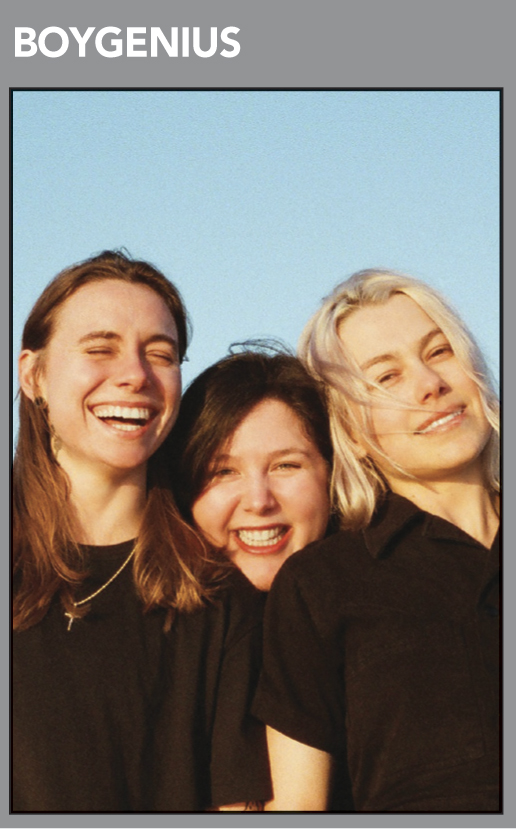

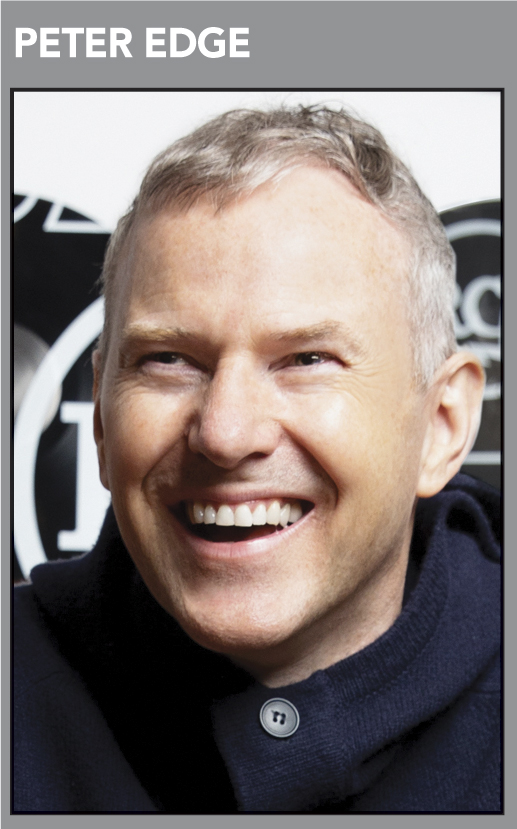

It should also be acknowledged that the current slate of Best New Artist nominees is strong, incorporating the aforementioned Monét, hip-hop rookie of the year Ice Spice, country-rock disruptor Jelly Roll, sleek R&B arrival Coco Jones, breakout troubadour Noah Kahan, hit pop thrush Gracie Abrams, EDM luminary Fred Again.. and big-voiced Americana-soul duo The War and Treaty. The field is wide open—we wouldn’t be surprised to see any of these candidates take home the hardware. Well, one of them would be a surprise.
NO ENTENDEMOS: That said, the absence of any country, Latin, hip-hop or K-pop from the Big 3 shows how out of touch Grammy can be, and how the backscratching and logrolling in the secret chambers have reached a new peak—or nadir. Given the gigantic impact of Latin acts like Peso Pluma, Eslabon Armado, Karol G and Bad Bunny and country giants like Morgan Wallen, Luke Combs, Zach Bryan and Lainey Wilson, it’s simply bizarre that none of these massive artists was recognized in Album, Record or Song. (The exclusion of hip-hop from these top categories, meanwhile, has become a depressingly regular thing.) Rewarding such acts in genre is all well and good—though the snobbery of Nashville’s so-called squad, which continues to dump on Wallen and his label, Big Loud, is patently obvious. The exclusion of the label’s acts from the general field—much like the CMAs’ refusal to give Wallen any trophies—is a reminder that they’re just not in the Nashville club. They just don’t like them and talk about them in a denigrating way. England and team, of course, are laughing all the way to the bank; Big Loud is rumored to be worth just south of $1b.
Bryan, meanwhile, has shown absolutely no desire to be in the club, and his marginal status among nominees, relative to his importance, is attributed to the fact that he apparently doesn’t give a shit about them. His status as a countercultural figure is working for him; it reminds older bizniks of ’60s rockers’ go-fuck-yourself stance toward traditional media.



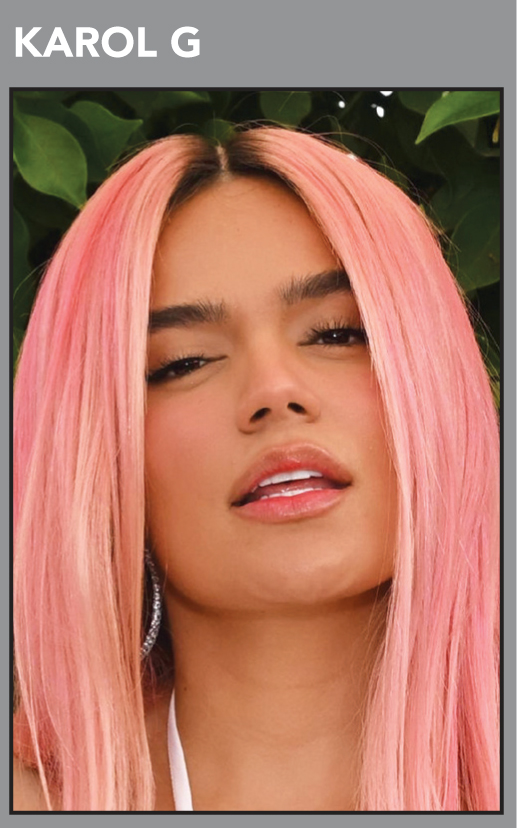
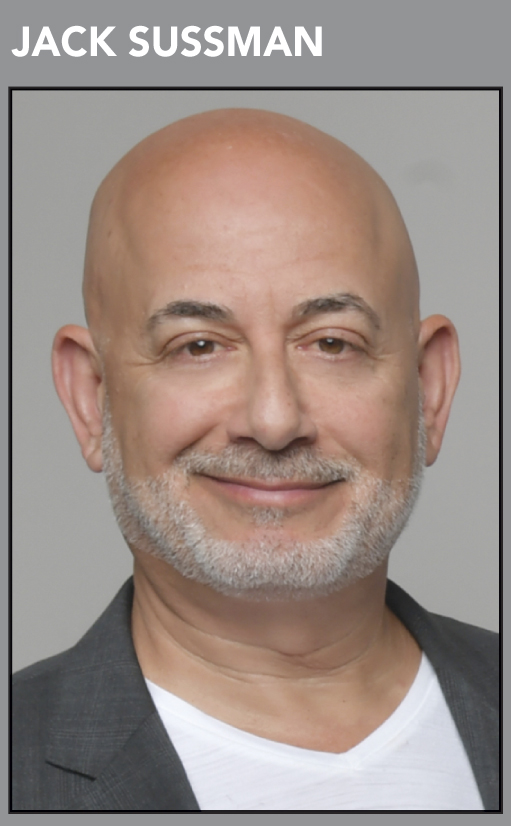
Indeed, trimming the nominees in these top categories from 10 to eight narrowed the possibilities at a time when they should’ve been expanded. And it all underscores the ongoing reality that the Grammys will never properly reflect the musical landscape until there is real structural change at the Academy. The petty fiefdoms at the various chapters, the cabals and cliques that advance personal and professional agendas rather than the goals of the larger music community, the kneecapping of projects (however important to fans and the biz) that threaten those agendas—it’s a clown car that keeps disgorging more and more clowns.
TURNING THE TABLES: As we look forward to the Grammy telecast, wonderers wonder: Will Taylor do the show? Will Jack Sussman change the producer mix dramatically? Will the show’s team retain the big tables that made last year’s festivities into a star-studded cocktail party—the Golden Globes of music—with Tay, Harry, Adele and other famous faces front and center? This lively approach, one assumes, played a role in the show’s stellar ratings, its best in the last three years (+31% from 2022’s telecast).
This post was originally published on this site be sure to check out more of their content.



